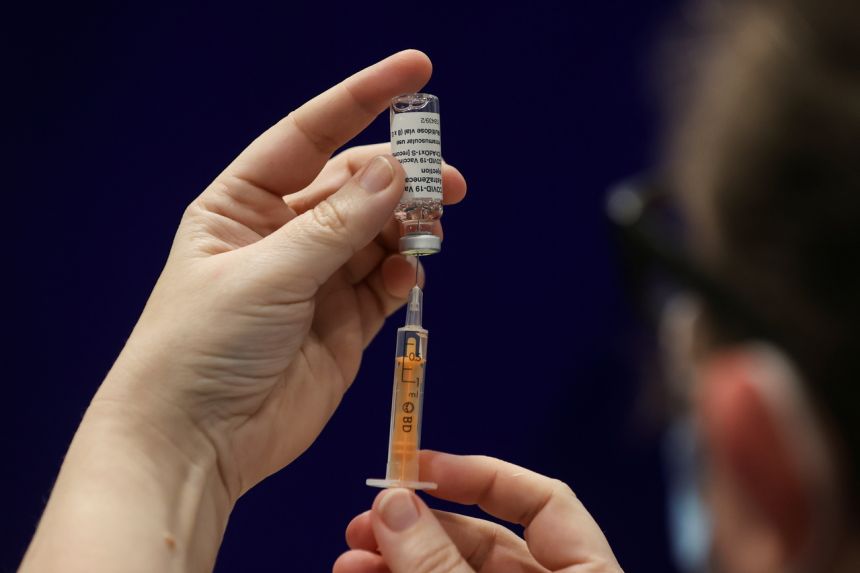WHO Chief Dr Tedros Ghebreyesus claimed that “vaccine nationalism” could lead to a slow roll-out. While speaking at the Davos Agenda he said vaccine hoarding could be a significant problem tackling the pandemic.
European Union (EU) proposed export controls on coronavirus vaccines made in the bloc. The EU has become a target for heat from many countries.
The transparency mechanism introduced gives the EU countries the means to deny authorisation for vaccine exports if they do not comply with the regulations.
However, the European Commission said that our citizens’ protection and safety are a priority. However, their challenges have left them no choice but to act.
These restrictions set to affect almost 100 countries worldwide. Including major players like the UK, the US, Canada and Australia – but many of the poorer nations, are exempt.
EU has now been forced to pull back it’s restrictions on the export of vaccines after a massive protest from Dublin and London.
What’s next?
The dispute between AstraZeneca and the EU has intensified due to the slow rate of vaccine roll-outs.
The UK-Swedish company behind the Oxford vaccine has been under fire from the European Commission for allegedly not fulfilling its promises.
However, the EU’s new rules imply that vaccine manufacturers have to seek permission before supplying vaccines outside the EU.
27 member states of the EU will be able to vet these export applications.
Pfizer is currently manufacturing vaccines in Belgium and is exporting to the UK. The EU states that some of the Vaccines produced by AstraZeneca in the UK are destined for EU citizens.
Moreover, the EU has allowed 92 exemptions from this rule including vaccine donations to Covax. The global effort to help poorer countries, and exports to Switzerland, countries in the western Balkans, Norway and North African countries.
WHO spokesperson added that governments should give vaccines to all vulnerable groups worldwide before each country starts giving out vaccines to its citizens.

